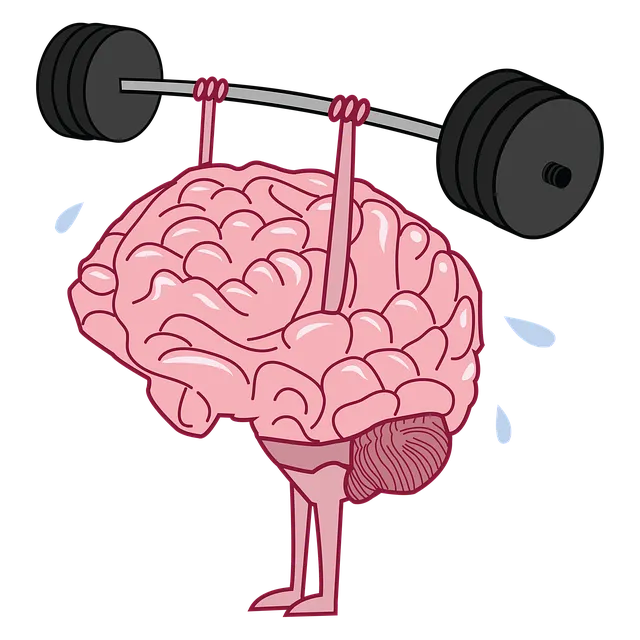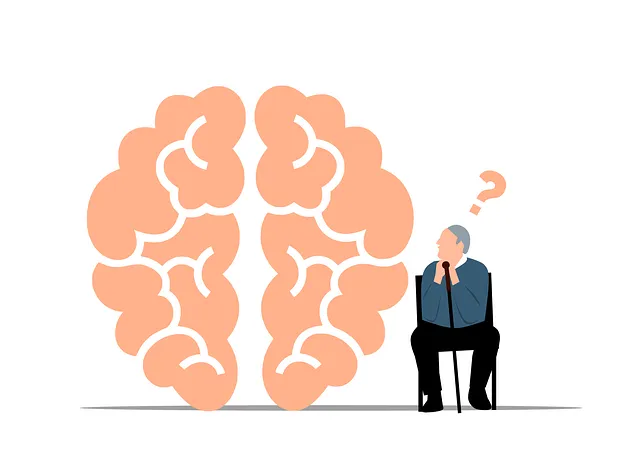In a rapidly evolving world, Longmont Kaiser Permanente's mental health appointment center leads the way in accessible, comprehensive care by offering both traditional services and innovative digital tools. Their mental wellness app integrates evidence-based practices, fosters community through social interaction, and includes continuous support features. The app's development is guided by user needs, refined through testing, and measured for success based on user satisfaction and symptom improvements. This holistic approach not only benefits individuals but also enhances cultural competency training for healthcare professionals, revolutionizing mental health care accessibility and quality within the community.
Mental wellness apps have emerged as powerful tools in addressing growing concerns about mental health. With a focus on accessibility and personalized support, these digital solutions are transforming care delivery. This article explores the rising demand for mental wellness apps, using the Longmont Kaiser Permanente Mental Health Appointment Center as a case study to highlight their effectiveness. We’ll delve into key features, the development process, and measurement of success, emphasizing the impact of innovative mental health apps like those employed by leading healthcare providers such as Longmont Kaiser Permanente.
- Understanding the Need for Mental Wellness Apps
- Longmont Kaiser Permanente Mental Health Appointment Center: A Case Study
- Key Features of an Effective Mental Health App
- Development Process: From Concept to Launch
- Measuring Success and User Impact
Understanding the Need for Mental Wellness Apps

In today’s fast-paced world, mental wellness is gaining much-needed recognition as a fundamental aspect of overall health. This shift is partly driven by increased awareness and the growing acceptance that mental health issues are prevalent and often undiagnosed. The need for accessible and convenient solutions has led to the rise in popularity of mental wellness apps, catering to a wide range of users, from those seeking stress management techniques to individuals looking for personalized therapy.
Longmont Kaiser Permanente’s mental health appointment center serves as a beacon of hope for many, offering traditional services alongside innovative digital tools. Mental wellness apps provide a unique opportunity to bridge the gap between professional care and personal well-being. They can offer tailored mood management strategies, mental wellness coaching programs, and even foster inner strength development, all within the comfort of one’s home. With the right app, users can take control of their mental health journey, complementing traditional therapy and medical interventions.
Longmont Kaiser Permanente Mental Health Appointment Center: A Case Study

The Longmont Kaiser Permanente Mental Health Appointment Center stands as a shining example of integrating mental wellness services into primary healthcare settings. This innovative approach has significantly impacted the accessibility and quality of care for patients in the community. By centralizing mental health resources, the center has streamlined appointment scheduling, reducing wait times and enhancing patient satisfaction.
The center’s success lies in its holistic approach to mental wellness, which goes beyond traditional therapy sessions. It offers a range of services tailored to address various aspects of emotional well-being, including Burnout Prevention Strategies for Healthcare Providers and Confidence Boosting programs. These initiatives focus on empowering not just patients but also healthcare professionals, fostering Emotional Intelligence and promoting sustainable mental health practices within the community.
Key Features of an Effective Mental Health App

An effective mental health app should offer a comprehensive suite of features tailored to support users’ well-being. Key among these are personalized therapy sessions that adapt to individual needs, much like the services provided by the Longmont Kaiser Permanente mental health appointment center. Incorporating evidence-based practices such as cognitive behavioral therapy (CBT), mindfulness exercises, and stress management techniques ensures users receive professional guidance for common mental health challenges.
Additionally, these apps should facilitate social interaction through secure forums or chat groups, fostering a sense of community that can enhance self-esteem improvement and promote the development of social skills training. Features like progress tracking, regular check-ins, and risk management planning for mental health professionals are also vital to ensure continuous support and prompt intervention in case of urgent situations.
Development Process: From Concept to Launch

The development process of a mental wellness app mirrors the careful nurturing of a delicate plant. It begins with conception, where ideas bloom from understanding the target audience’s needs, much like a seedling pushing through soil. Researchers and developers at Longmont Kaiser Permanente mental health appointment center cultivate concepts that address emotional regulation, drawing inspiration from successful practices in community outreach program implementation.
This nascent app takes shape through design and coding phases, requiring meticulous attention to detail, akin to tending to a garden. Features are honed, user interfaces sculpted, and functionality tested, all while considering the nuanced needs of mental health professionals. Rigorous risk management planning ensures that the app not only aids in managing emotional well-being but also safeguards against potential risks, much like a robust support system surrounding a budding plant’s growth. Launch is then a triumphant blossoming, where the app becomes accessible to users, ready to nurture their mental health journeys.
Measuring Success and User Impact

Measuring the success of a mental wellness app goes beyond simple downloads or user engagement metrics. At the Longmont Kaiser Permanente mental health appointment center, they understand that true impact lies in empowering individuals to take control of their mental well-being. This involves tracking key performance indicators (KPIs) such as user satisfaction scores and improvements in self-reported symptoms over time. By analyzing these data points, developers can identify which features resonate most with users, allowing for continuous app enhancement.
Moreover, assessing the app’s influence extends to its potential to foster cultural competency among healthcare providers. Training programs focused on this aspect, like Kaiser Permanente’s initiatives, aim to improve interactions between diverse patients and caregivers. Measuring user impact includes gauging how effectively the app promotes understanding of mental health issues within different cultural contexts, ultimately contributing to more inclusive and compassionate care—a goal that extends beyond the app itself into the broader healthcare ecosystem.
Mental wellness apps have emerged as powerful tools, offering accessible and personalized support for individuals seeking improved mental health. As demonstrated by the success of the Longmont Kaiser Permanente Mental Health Appointment Center, these digital solutions can significantly impact user well-being. By incorporating key features like mindfulness exercises, mood tracking, and access to professional resources, developers create effective apps that cater to diverse needs. The development process, from concept to launch, requires careful planning and user-centric design. Ultimately, measuring success through user feedback and tracking positive outcomes ensures these apps make a tangible difference in promoting mental wellness on a global scale, much like the innovative services provided by Longmont Kaiser Permanente.






